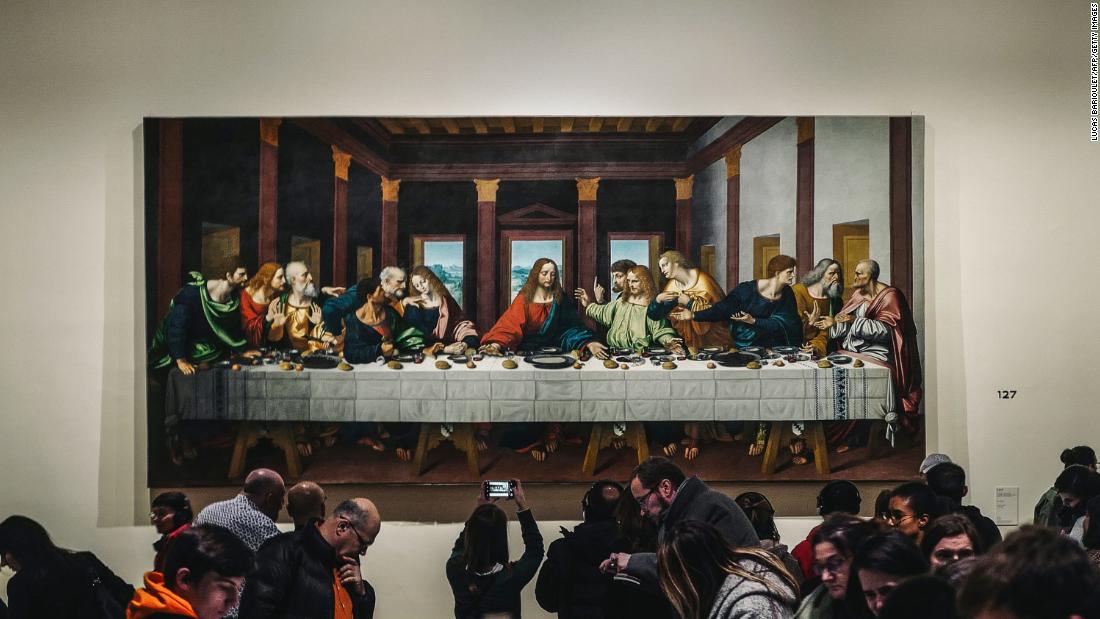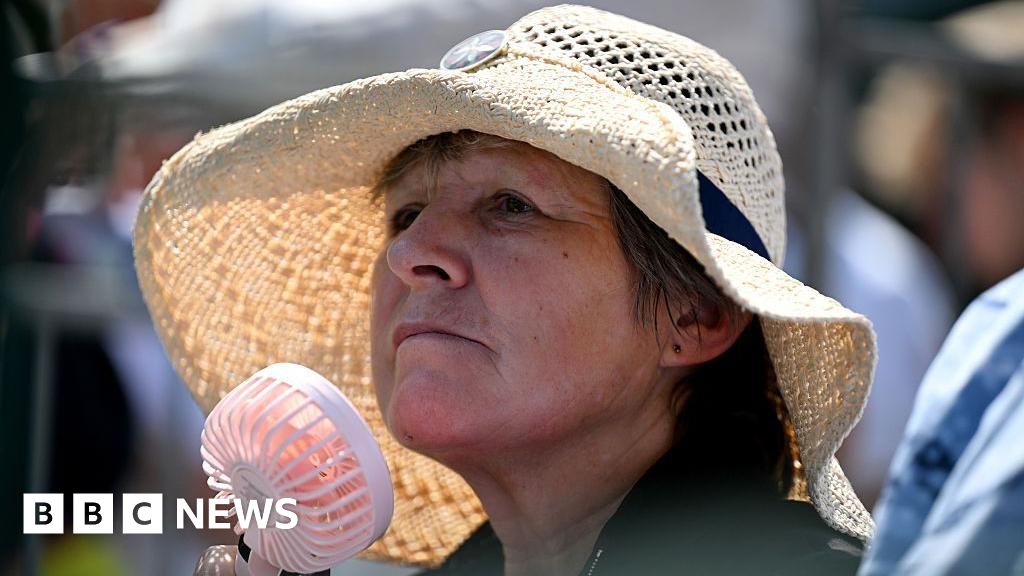Dilip Doshi, outstanding spin bowler who helped India become a force in world cricket


Dilip Doshi, who has died aged 77, was one of the finest slow left-arm bowlers of his generation; he helped to establish India as a leading force in world cricket, winning 33 Test caps between 1979 and 1983 – and there might have been more had it not been for the celebrated “Indian spin quartet” of Bishan Singh Bedi, Erapalli Prasanna, Srinivas Venkataraghavan and Bhagwat Chandrasekhar, who played in 231 Tests between them.
No less at ease in English conditions, Doshi played for Nottinghamshire and Warwickshire as often as regulations on overseas players allowed. Slight of build, bespectacled and somewhat studious by nature, he had a seemingly deceptive and casual approach to the wicket, and while he was never a big spinner of the ball, his command of flight, his subtle changes of pace and his unerring accuracy could prove devastating.
Dilip Rasiklal Doshi was born on December 22 1947 in Rajkot, Gujarat, the eldest of four children of a cricket-loving business executive, Rasiklal Doshi and his wife, Sarojini. The boy spent his formative years in Calcutta, where he attended JJ Ajmera High School (now the Bhawanipur Gujarati Education Society School) and St Xavier’s College before studying law at the University of Calcutta.
He made his first-class debut for Vazir Sultan Colts against the State Bank of India at Hyderabad in 1968, and only the following year he was voted Indian Cricket Cricketer of the Year. He was a member of the Indian Universities side that toured Sri Lanka in 1970-71, and went on to play for Bengal in the Ranji Trophy; he was made captain in 1978.
But Doshi became increasingly unhappy at the lack of opportunities in Indian domestic cricket, and in 1972 he had unsuccessful trials with Sussex and Lancashire. But the following year, while leading Meltham to championship success in the Huddersfield and District League, he made the first of 44 appearances for Nottinghamshire.
In 1976 he played Minor Counties cricket for Hertfordshire, and was Man of the Match in their Gillette Cup triumph over Essex. Three years later, playing for Northumberland, he took all 10 wickets against Darlington, then in 1981 he helped Warwickshire win the John Player League.
Doshi had made an impressive entrance into the Test arena in 1979 – albeit belatedly, thanks to the “Indian spin quartet” – taking six wickets for 103 runs and two for 64 against the Australian tourists in Madras, India’s best figures in the match. He took 27 wickets in all in the series, including eight in the final Test, and a further 18 wickets at 28 apiece in the series against Pakistan later that season.
He remained a more or less automatic selection for the next three years, doing well against England both home and away in 1981-82, claiming 35 wickets in nine Tests. In 1982, the great Sri Lankan Arjuna Ranatunga was his 100th Test victim.
When Pakistan toured in 1983 Doshi played in four of the five Tests before making way for the younger Maninder Singh – despite having taken six wickets, including five for 90 in the drawn first Test in Lahore. In all, in 33 Tests he had claimed 114 wickets, though he was never able to improve on his debut 6-103.
With the bat he was something of a rabbit, scoring 129 Test runs with a top score of 20. He also played in 15 one-day internationals, capturing 22 wickets. In total he played in 238 first-class games, taking 898 wickets, including a best return of 7-29 for Bengal against Assam in 1970. He accumulated 1,442 runs with a top score of 44.
Settling permanently in North London, this sharp-suited long-standing Rolling Stones fan ran the British arm of the family business, which traded in engineering and mining equipment. He regularly represented MCC and played for Walsall in the Birmingham League. His unflinching 1991 autobiography, Spin Punch, laid bare the tensions then at the heart of Indian cricket, being especially critical of the “self-aggrandising” BCCI, Indian cricket’s governing body.
On the last day of the recent Headingley Test both England and India wore black armbands in his honour.
Dilip Doshi is survived by his wife Kalindi, and by their daughter Vishakha and son, Nayan, who followed his father into first-class cricket, playing for Surrey and Derbyshire.
Dilip Doshi, born December 22 1947, died June 23 2025
What's Your Reaction?
 Like
0
Like
0
 Dislike
0
Dislike
0
 Love
0
Love
0
 Funny
0
Funny
0
 Angry
0
Angry
0
 Sad
0
Sad
0
 Wow
0
Wow
0










































































